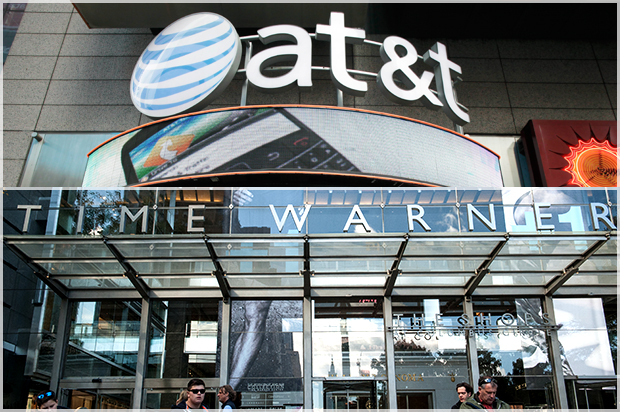Major companies are promising wage hikes and bonuses to their employees in the aftermath of President Donald Trump’s Republican tax reform bill — even though the executives themselves will be disproportionately benefiting from it.
Characteristically, Trump himself took to Twitter on Thursday to crow about the generosity of businesses that have received tax cuts.
Was @foxandfriends just named the most influential show in news? You deserve it – three great people! The many Fake News Hate Shows should study your formula for success!
— Donald J. Trump (@realDonaldTrump) December 21, 2017
AT&T has announced that they will invest $1 billion in American networks and pay roughly 200,000 employees a bonus of $1,000, according to The Washington Post. Although the company has depicted this as a result of Trump’s new tax cuts, the Communications Workers of America — a union that represents the AT&T employees — issued a statement characterizing the raise as proof “that working people have power when we join together to negotiate for a fair return for the work we do. Unions remain the most effective means for working people to stand together and achieve wage growth and keep good jobs in the U.S.”
Other companies have acted similarly to AT&T. Comcast NBCUniversal also announced that it would give special $1,000 bonuses to more than 100,000 employees because of “the passage of tax reform and the FCC’s action on broadband,” according to CNBC. Similarly, Fifth Third Bancorp said it would pay more than 13,500 of its employees a bonus and raise its minimum wage to $15 an hour, while Wells Fargo also raised its minimum wage to $15 an hour and promised to give $400 million to various charities, according to CNBC.
Yet, despite these acts of generosity, it must be noted that most of the companies which benefit from the Trump tax cuts are not planning on spending their money to either benefit employees or create new jobs. A recent survey by Bank of America Merrill Lynch found that 65 percent of companies would use repatriated earnings from overseas — which the tax bill will allow them to take back on a one-time offer, and which amounts to $2.5 trillion from American companies overall — to pay down their corporate debt. Forty-six percent said they would use a portion of the repatriated money to buy back shares, 42 percent said they would spend it on mergers and acquisitions and 35 percent said they would spend it on capital expenditures.
In a similar vein, the Center on Budget and Policy Priorities found that the last set of sweeping tax cuts — the Bush tax cuts of 2001 and 2003 — primarily benefited the wealthy and did little to stimulate economic growth, with the rich mostly keeping the money for themselves instead of investing it back in the economy.

